A very collaborative 2nd Transnational meeting!
Edited on
16 February 2021Our second transnational meeting was hosted by the city of Vila Nova de Famalicao and took place online on 25th & 26th November. The meeting focussed on the topic of collaboration and looked at ways in which cities could stimulate collaboration with a view to accelerating the circular economy.
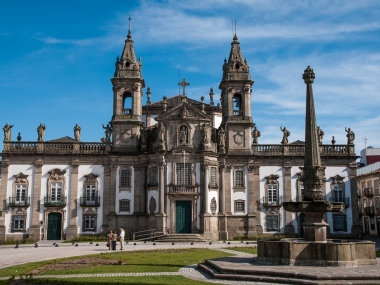
Collaboration is widely recognised as a key enabler of accelerating the transition to the circular economy. The very concept of the circular economy is systemic meaning its development cannot come about by individuals or organisations working in isolation. When only some elements of a system change and others do not, the desired impact remains below its potential. Impact on a systemic level relies on us working together, integrating wide ranging & disparate knowledge flows from across the ecosystem.
Research shows that over time increasing levels of cross sectoral & inter organisational collaboration can lead to more radical innovation, as opposed to incremental innovation. Radical innovation has a higher potential for achieving large scale systemic impact. Understanding and stimulating collaboration, therefore, is an important consideration in our quest to accelerate the transition to a circular economy. This is what our second transnational meeting set out to achieve.
The meeting consisted of four sessions in total running over two days. The first two sessions focussed on showcasing the work underway in Vila Nova de Famalicao in relation to stimulating collaboration. Partners heard about the city’s proactive methods of reaching out to citizens to develop a shared vision through the use of their ‘yellow couch’ and their work in integrated development & participative action planning, their highly successful eco-schools initiatives and the city’s flagship initiative MADEIN, focussed on supporting local enterprise development.
In the afternoon partners were treated to a virtual tour and panel discussion with some of the city’s leading circular economy actors. Initiatives highlighted included the highly collaborative REFOOD project focussed on ensuring food availability for all citizens and on reducing food waste and the city’s inspirational and forwarding thinking vocational school, CIOR, focussed on providing practical education and training on strategic & emerging areas including energy & resource management. The textile industry is an important part of the local economy and partners heard from inspiring circular local enterprises such as Biotint & Minority Denim ,as well as from the highly successful CITEVE research centre which provides technological support and services to companies in the textile sector. We were also treated to a virtual tour of Circular Village, Earthship Experience and the Lisbon based, Zero Waste Lab.
The third session of the meeting focussed on the design considerations (hard and soft) for the development of the Urban Resource Centre as a magnetic hub. We heard from the award winning Nano Nagle Place in Cork about the importance of story-telling, symbolism and shared values in bringing together diverse stakeholders. We heard from Cluster Excellence Denmark, widely recognised as leaders in supporting impactful collaboration through clusters. We learned about the value & impact of strategically facilitated collaboration for stakeholders across the quadruple helix and had the chance to consider how this could be applied in the development of the urban resource centre.
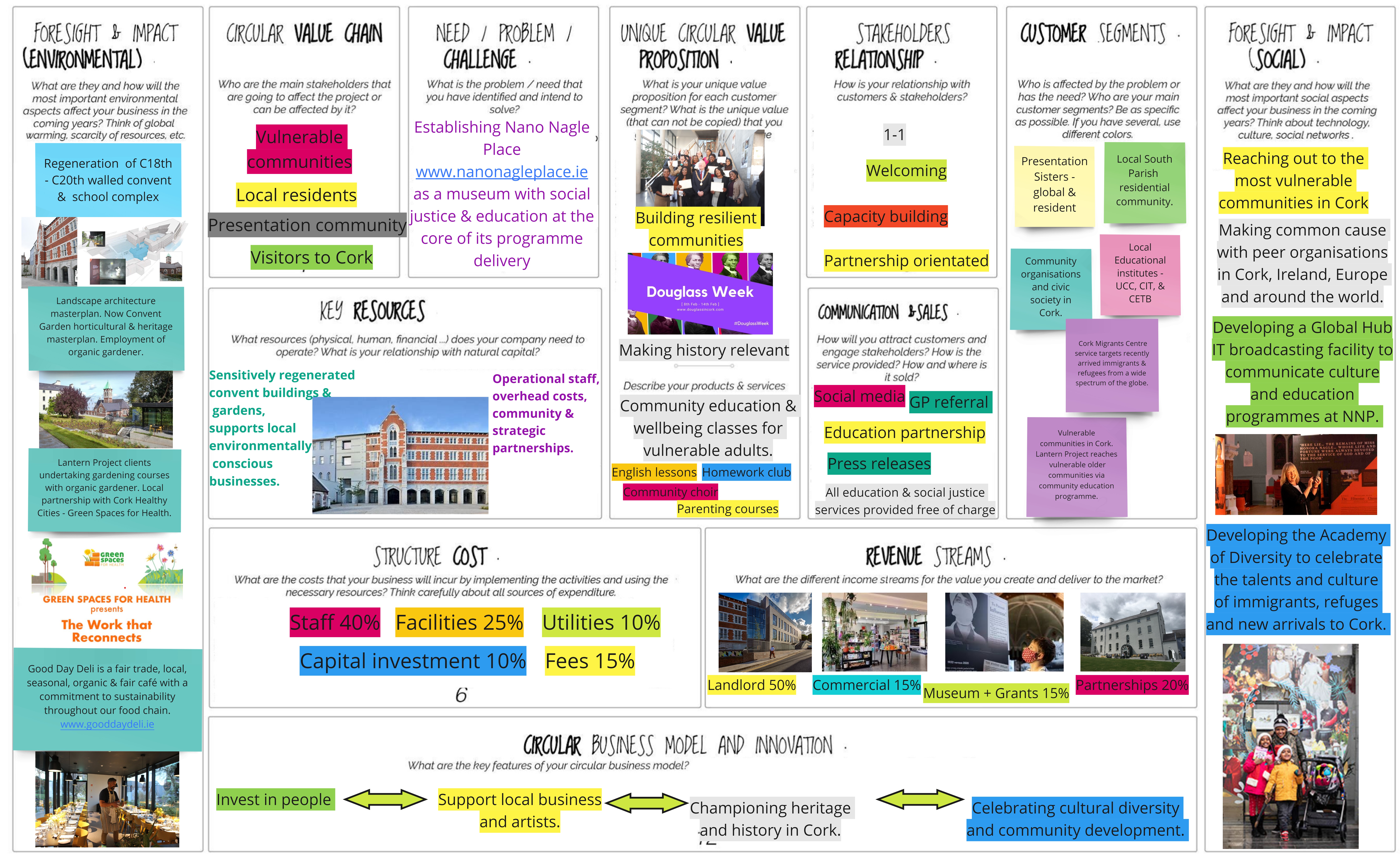
In the final session partners reflected on the importance of communicating the work of the Resourceful Cities network both at a local level and a transnational level. We also had the chance to peer review our IAP roadmaps before planning next steps.
In spite of its unplanned virtual nature our second transnational meeting did not disappoint in providing valuable exchange and learning opportunities between partners, showcasing inspiring and proactive examples of cross sectoral collaboration from across Europe and all the while doing so in a consciously sustainable way, staying true to the core values of our Resourceful Cities partners!
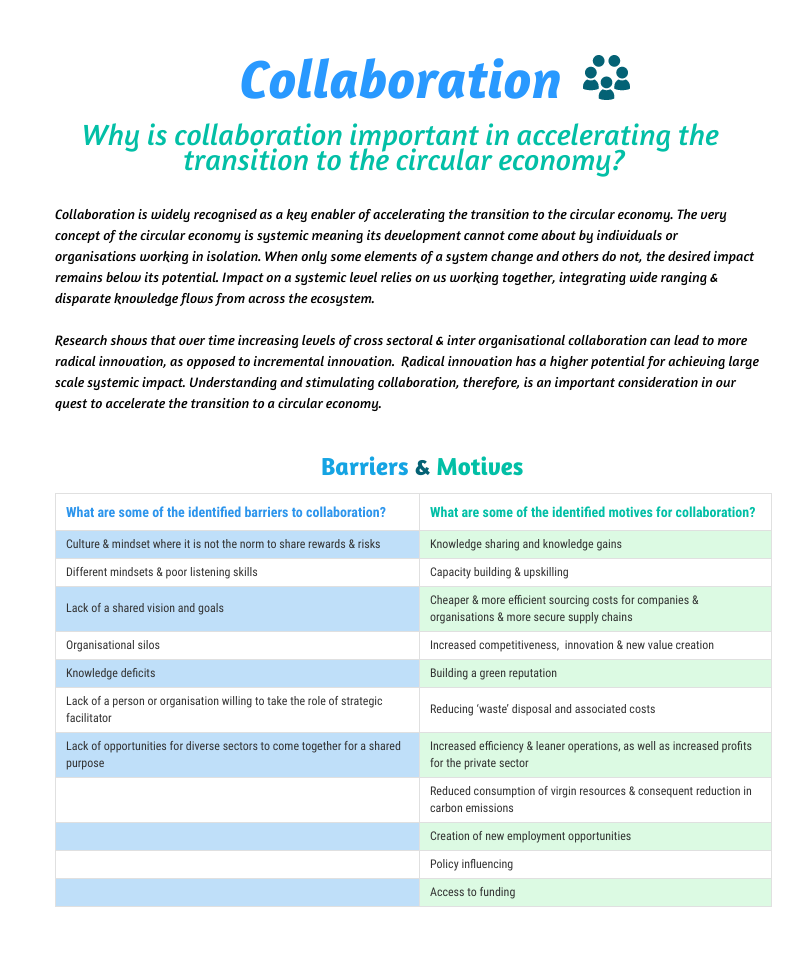
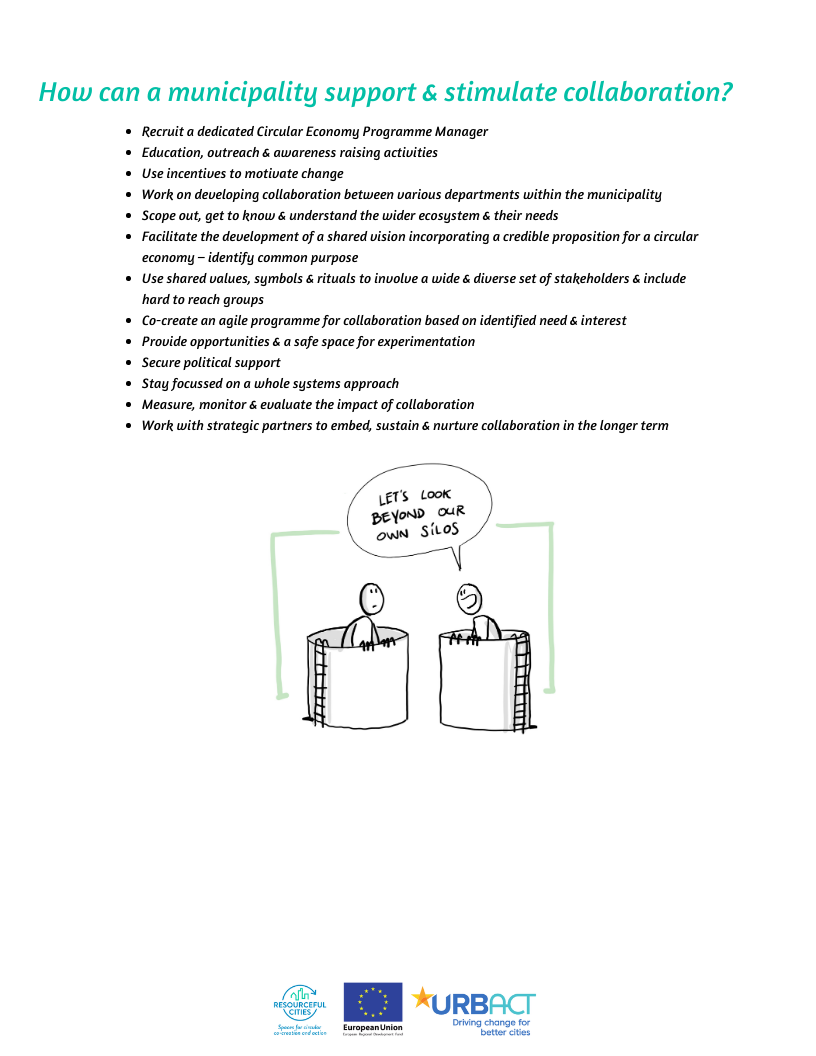
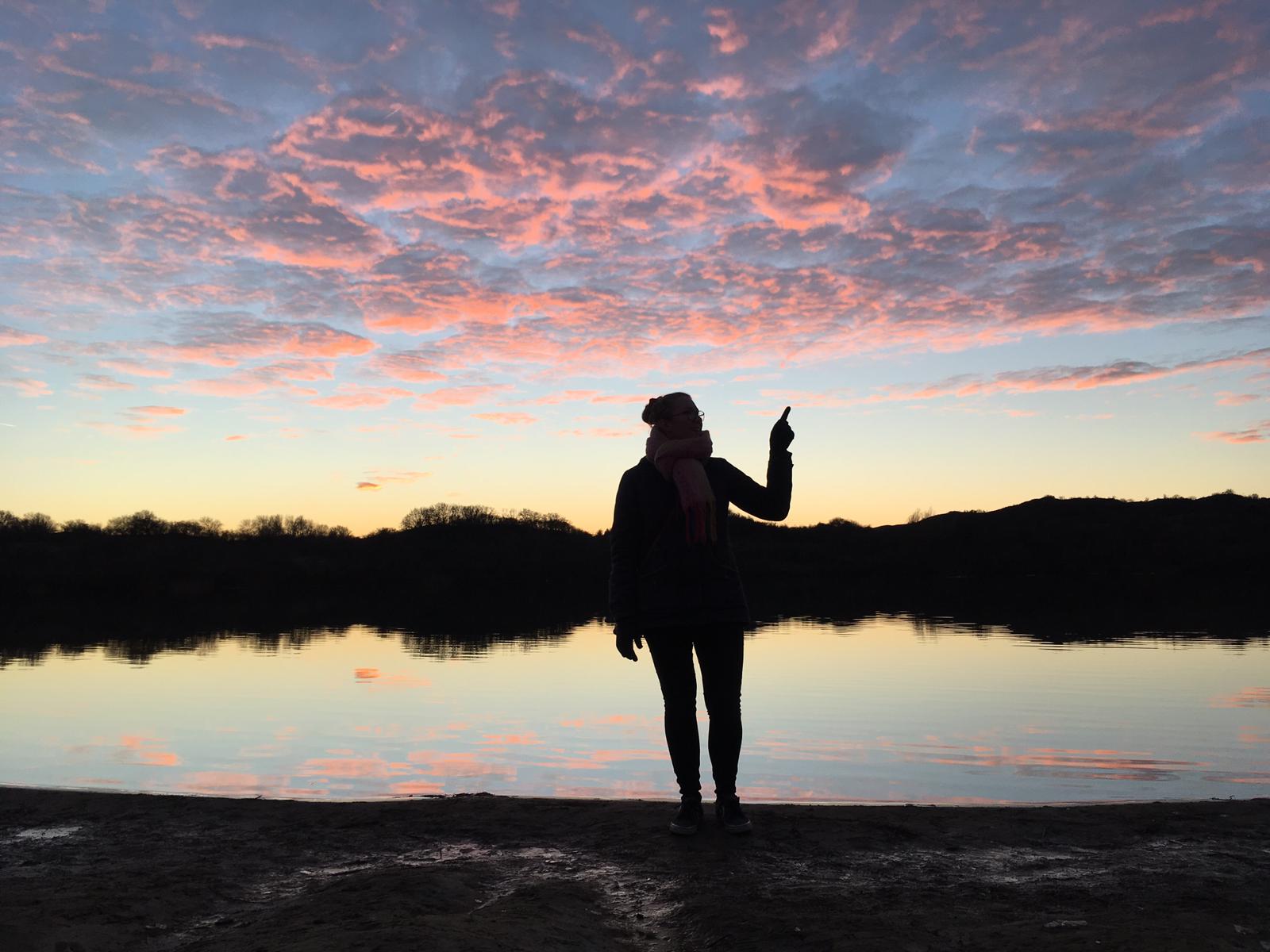 Submitted by Esmée Dijt on
Submitted by Esmée Dijt on
